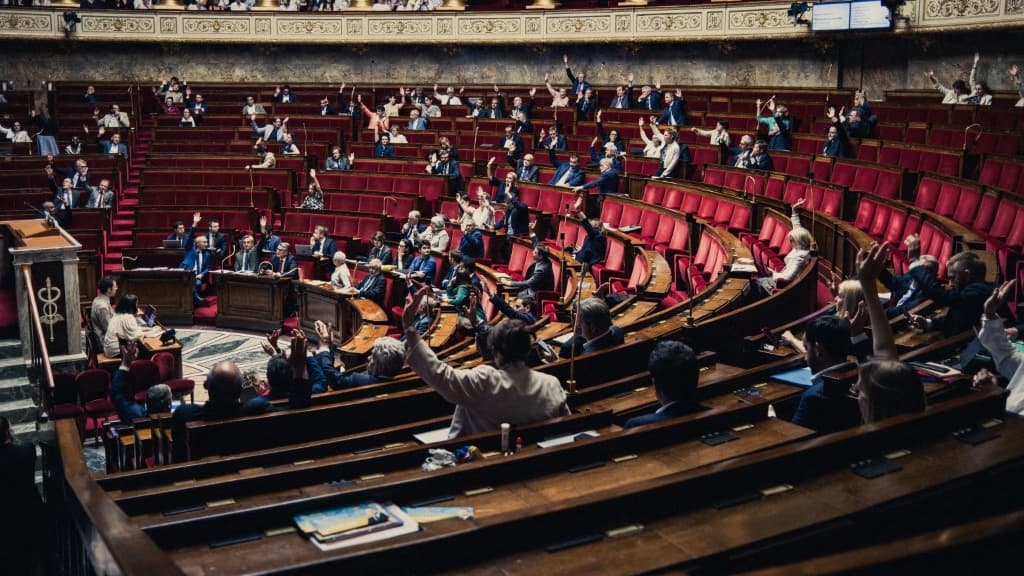Members of Parliament approve the suspension of the pension reform in committee

On Friday the 31st, members of parliament approved in committee the suspension of the pension reform proposed by the government to avoid censure from the Socialist Party, despite the reluctance of the government camp and part of the left, which denounces a suspension that is a sham.
Included in the Social Security budget , the article on the suspension of the 2023 reform, which gradually raised the legal retirement age to 64, was approved by 22 votes against 12. The National Rally and the Socialists voted in favor.
The Les Républicains and Horizons MPs voted against the suspension. "We cannot make the French believe that they will not have to work collectively more," argued Justine Gruet (LR).

Just like the Insoumis, but for diametrically opposed reasons. LFI "will never vote for any text that provides for a postponement of the retirement age to 64," declared Hadrien Clouet, adding on X: "There is a majority to repeal it. The rest is a farce."
The Greens abstained, calling for the integration of long careers into the scheme and different funding options not based on insured persons.
Renaissance MPs also abstained so as not to hinder the budget "discussion," according to Annie Vidal. The MoDem party was divided between abstentions and votes in favor.
Sandrine Runel (PS) hailed a "first victory", assuring that the government had committed to integrating several opposition demands by amendment before arriving in the chamber next week: better consideration of "generation 65", the integration of long careers, and the extension to insured persons in Saint-Pierre-et-Miquelon and Mayotte.
"The issue of long careers is not a problem for the government," Sébastien Lecornu assured the National Assembly on Friday.
In its current version, the government's plan is to postpone the implementation of the Borne reform until January 2028, including the increase in the number of quarters to contribute in order to retire at the full rate.

This suspension would cost €100 million in 2026 and €1.4 billion in 2027, according to the government. But according to rapporteur Thibault Bazin (LR), the cost will be "€400 million in 2026 and €1.8 billion in 2027," including long careers and other related costs that have not been taken into account.
The financing of the suspension was initially intended to rely on supplementary health insurance and pensions, notably through under-indexing of pensions relative to inflation.
These two proposals have met with resistance from the opposition and some members of the government. And the Prime Minister himself announced on Friday that he was abandoning the plan to freeze pensions and social welfare benefits.
BFM TV





